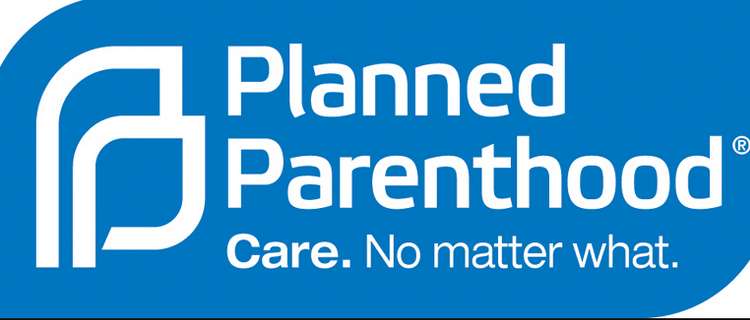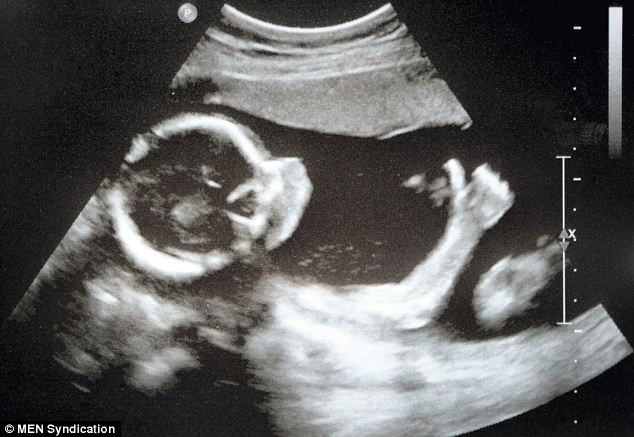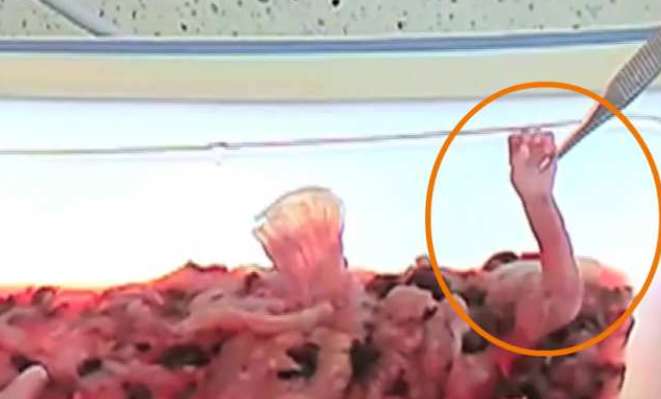Doctors to fight new abortion law
NZ Herald 3 December 2018
Family First Comment: “For the same reason that patients have a right not to be coerced into receiving treatment, doctors and nurses have a right not to be coerced into providing it.”
Correct!
www.ChooseLife.nz
Group opposes any moves that erode rights in dealing with patients seeking terminations, writes Claire Trevett.
A group of doctors opposed to abortion say they will fight any moves in looming reforms to erode their rights to refuse to deal with patients wanting abortions. The issue of referring patients seeking abortions to another doctor has drawn opposition from the group.
Justice Minister Andrew Little says he agrees with a Law Commission proposal for doctors who are “conscientious objectors” to abortion to be made to directly refer a patient on to another doctor who they know will provide the service.
Currently, such doctors only have to advise the patient they can get the service elsewhere without specifying where.
The Law Commission report said such a step could help ensure women accessed the services without unnecessary delays.
Little said it seemed to be a reasonable suggestion and it could a breach of medical ethics not to refer on.
“There have been some cases where a medical practitioner declining to give advice on conscientious objection grounds has said ‘and I’m not going to give you any advice on where else you can go’. That seems to me to be wrong.”
However the suggestion has drawn fire from Dr Catherine Hallagan, a Wellington-based GP who is in the Health Professionals Alliance, a grouping of doctors who object to practices such as abortion on moral and religious grounds.
Dr Hallagan rejected Little’s claim it was a breach of medical ethics, saying it was long established and the High Court had ruled in 2010 that a doctor need only inform a woman she could get a service from another doctor or a family planning clinic.
She did not believe the provisions needed to change. “For the same reason that patients have a right not to be coerced into receiving treatment, doctors and nurses have a right not to be coerced into providing it.”
Hallagan’s stance on the scope of conscientious objection has backing from the NZ Medical Association, which supports the provisions as they stand.
Its chairwoman, Kate Baddock, said the provisions were reasonable and they worked.
There was also concern that eroding that right would have ramifications if legislation to allow euthanasia was passed – something she expected more doctors would declare a moral objection to than abortion.
“When you consider more than 70 per cent of all doctors are not in support of euthanasia, then one could argue they would object to being involved in it. We very much would like to hold the status quo on that objection.”
She said in one practice she had worked in doctors had been up front about it when signing up new patients, but that was not a requirement.
However, Abortion Law Reform Association head Terry Bellamak said doctors should not enter a field where abortion cases might arise if they were not prepared to deal with them.
“Ultimately, philosophically I think people should only become doctors if they are willing to perform the whole job. So they should only become obstetricians and gynaecologists if they are willing to perform abortions at need.”
Bellamak said at the least, doctors should not charge for consultations and should have to refer on to another provider who they know will provide the service. Allowing women to refer themselves to abortion services rather than rely on a GP to do so would help reduce that problem.
In New Zealand, “life” does not legally begin until birth but Hallagan said her objection was based on her belief that as a doctor she had a duty of care toward both the mother and the unborn child. “In every abortion a patient dies at the request of another patient.”
She said abortion should remain a crime in the Crimes Act. “When abortions happen, human lives are extinguished on request.”
Reproductive matters such as abortion and contraception are currently the only areas where doctors and other health workers can refuse to provide a service on moral or religious grounds. There are no figures on how many doctors use its provisions.
That right is enshrined in the Contraception, Sterilisation and Abortion Act and also covers nurses and other health workers asked to help perform an abortion or provide contraception.
READ MORE: https://www.nzherald.co.nz/index.cfm?objectid=12167498&ref=twitter




